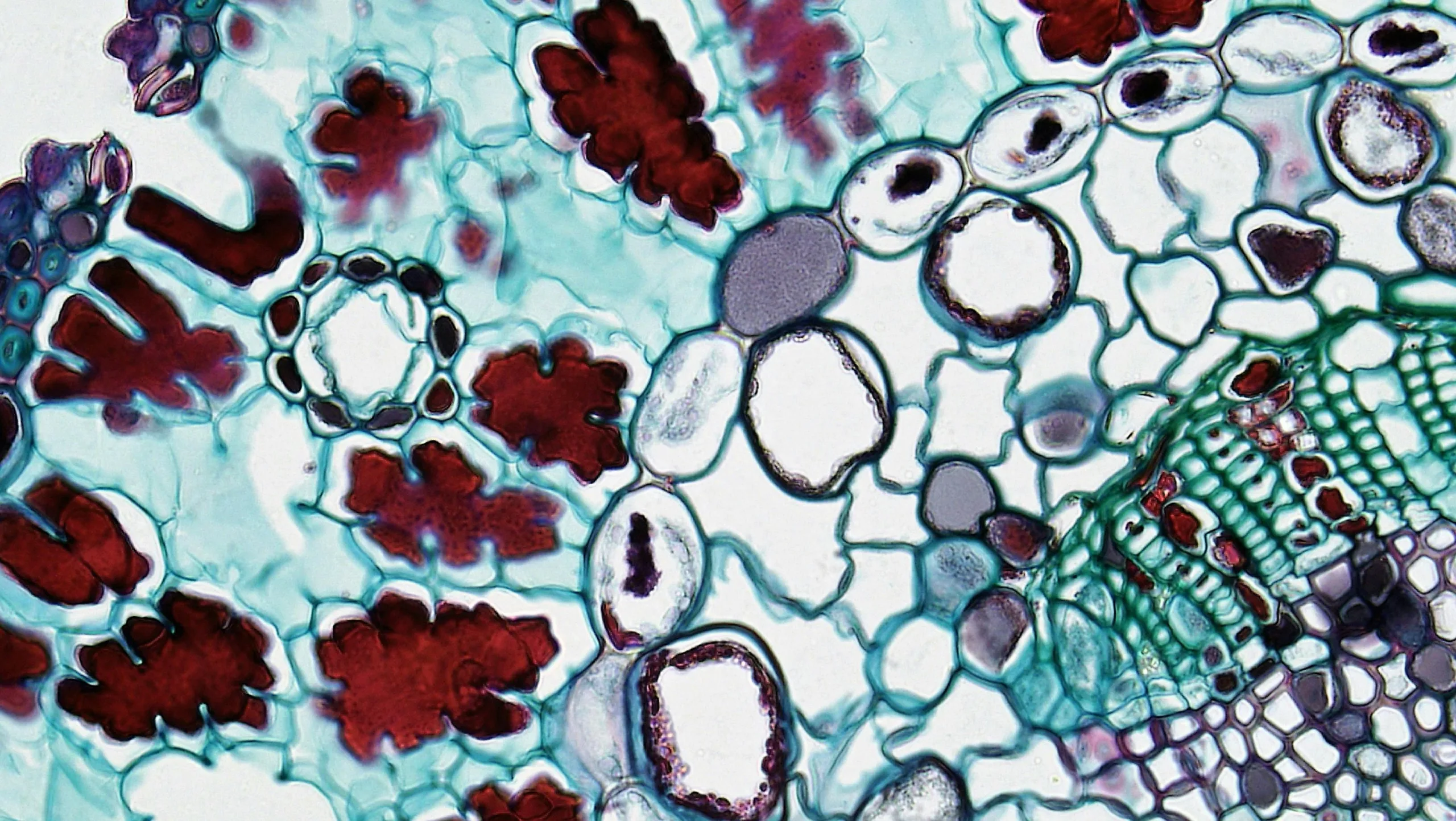Help Us Bypass Censorship. Share This.
Introduction to the Concept of Fasting
Fasting, defined as the voluntary abstention from food and drink for a specific period, has been practiced across various cultures and religions for millennia. It serves multiple purposes, including spiritual, health-related, and social reasons.
Historically, many cultures incorporated fasting into their religious practices. In Islam, fasting during Ramadan is a fundamental aspect of the faith, promoting self-discipline and reflection. Christians also observe fasting during Lent, which commemorates the 40 days Jesus spent fasting in the desert. Similarly, Hinduism and Buddhism encourage fasting as a means of spiritual purification and enlightenment. Hindu festivals may include intermittent fasting for spiritual growth, while Buddhist monks often practice fasting in their meditation routines.
The health benefits of fasting have made it a subject of interest in contemporary science. Research has shown that fasting can improve metabolic health and assist in weight management. Intermittent fasting, in particular, has gained popularity due to its potential to enhance cellular repair processes, reduce inflammation, and improve heart health [Healthline].
Understanding the historical context of fasting not only sheds light on its multifaceted roles in society but also encourages a deeper appreciation for this age-old practice as it relates to modern health trends. For more on health topics, check out our article on herbal antibiotics and antivirals.
The Biological Mechanisms Behind Fasting
Fasting triggers a series of complex biological processes that significantly impact cellular physiology and metabolism. During fasting, the body shifts its energy utilization from glucose to stored fat, a process known as ketosis. This shift helps maintain energy levels when food intake is low and promotes fat loss.
At the cellular level, fasting initiates autophagy, a crucial process for cellular maintenance and repair. Autophagy allows cells to degrade and recycle damaged components, contributing to improved cellular health and longevity. Research indicates that fasting can enhance this process, leading to beneficial outcomes such as reduced inflammation and increased resistance to stressors, thereby potentially delaying the onset of age-related diseases [National Institutes of Health].
Additionally, fasting stimulates the production of ketones, which serve as an alternative energy source. Ketones not only provide energy but also have been shown to exert neuroprotective effects, possibly enhancing cognitive functions and reducing the risk of neurodegenerative diseases [Frontiers in Neuroscience].
Moreover, fasting can improve insulin sensitivity and lower blood sugar levels, helping maintain metabolic health. This is linked to decreased risk factors for type 2 diabetes and can result in more stable energy levels throughout the day [National Institutes of Health].
In summary, fasting engages a variety of biological mechanisms that enhance energy utilization, promote cellular repair, improve metabolic profiles, and support overall health. These processes reflect the body’s remarkable ability to adapt and thrive in response to periods of food scarcity.
Cellular Renewal: The Role of Autophagy
Autophagy is a crucial cellular process that facilitates the degradation and recycling of damaged organelles and proteins. This self-cleansing mechanism is essential for maintaining cellular homeostasis, thereby enhancing cellular repair and regeneration. During autophagy, cellular components are encapsulated within double-membraned vesicles known as autophagosomes, which then fuse with lysosomes, where the contents are broken down and repurposed, providing vital nutrients for cell survival and growth.
Research highlights the importance of autophagy in various health domains. For instance, increased autophagy is associated with the prevention of neurodegenerative diseases, such as Alzheimer’s and Parkinson’s, by clearing out toxic protein aggregates that otherwise accumulate and impair cellular function [NIH]. This process also plays a significant role in muscle growth and repair by mobilizing cellular resources during exercise and promoting the recovery from injury [Science Direct].
Moreover, autophagy is linked to longevity and metabolic health. Caloric restriction, a known promoter of lifespan extension in various organisms, is believed to activate autophagy, thereby enhancing cellular resilience against stress [NIH]. The activation of autophagy has shown promise in mitigating age-related decline by improving cellular function and metabolic regulation, indicating a potential therapeutic target for interventions aimed at promoting healthy aging and longevity [Nature].
In summary, autophagy is a fundamental process that supports cellular repair and regeneration, crucial for maintaining health and longevity. Enhancing autophagic activity through lifestyle interventions may thus present a pathway to improved health outcomes and increased lifespan.
Health Benefits of Fasting
Fasting offers a range of health benefits, including improved immunity, weight management, and enhanced mental clarity.
- Improved Immunity: Fasting activates autophagy, a process where the body cleans out damaged cells and regenerates new ones. This boost in cellular repair can strengthen the immune system, contributing to improved overall health and resistance to diseases [Great Awakening Report].
- Weight Management: Intermittent fasting can aid in weight loss by promoting fat burning and reducing calorie intake. Studies suggest that this method helps regulate hormones that do affect hunger, leading to improved metabolic health [Great Awakening Report].
- Mental Clarity: Research indicates that fasting may enhance brain function and mental clarity. It increases the production of brain-derived neurotrophic factor (BDNF), a protein linked to improved cognitive functions such as memory and learning [Great Awakening Report].
Incorporating fasting into your lifestyle could yield these significant health benefits, making it an effective strategy for overall well-being.
Fasting and Disease Prevention
Fasting has gained considerable attention as a potential intervention for preventing chronic diseases, including diabetes, cardiovascular issues, and certain types of cancer. This dietary practice, particularly intermittent fasting, is believed to orchestrate several biological processes that promote health and longevity.
Diabetes Prevention
Fasting enhances insulin sensitivity, which is crucial for preventing type 2 diabetes. Studies suggest that intermittent fasting can lower blood sugar levels and reduce insulin resistance, making it easier for the body to manage glucose levels effectively. Research indicates that this dietary approach may also lead to weight loss and improved metabolic health, both of which are vital in diabetes management. A study published in the journal Cell Metabolism highlights the positive effects of intermittent fasting on glycemic control, showing that it significantly lowers body fat and fasting blood sugar levels (Cell Metabolism).
Cardiovascular Health
Regular fasting has been linked to improved heart health by reducing risk factors associated with cardiovascular diseases. It has been shown to lower blood pressure, cholesterol levels, and inflammatory markers. A review in the Journal of the American College of Cardiology indicates that intermittent fasting can reduce the risk of cardiovascular disease by improving lipid profiles and enhancing the body’s ability to cope with oxidative stress (Journal of the American College of Cardiology).
Cancer Prevention
Fasting may also play a role in cancer prevention. Research suggests that caloric restriction can decrease the incidence of various types of cancer by improving metabolic health and reducing inflammation. A study from Nature found that intermittent fasting might inhibit tumor growth and enhance the effectiveness of cancer treatments, such as chemotherapy (Nature). Furthermore, fasting has been associated with autophagy, a process that helps remove damaged cells and regenerate healthy ones, potentially lowering cancer risk.
In conclusion, various studies support the claim that fasting can be beneficial in preventing chronic diseases like diabetes, cardiovascular issues, and even certain types of cancer, primarily through benefits such as improved insulin sensitivity, better cardiovascular health, and enhanced cellular repair mechanisms.
Practical Approaches to Fasting
Incorporating fasting into daily life can be a transformative practice for enhancing health and well-being. Here are several practical approaches and fasting protocols to consider:
- Intermittent Fasting (IF): This popular method includes various approaches, such as the 16/8 method (16 hours of fasting and an 8-hour eating window), the 5:2 diet (eating normally five days a week and restricting calories to 500–600 on two non-consecutive days), or alternate-day fasting. It can help improve metabolic health and aid weight loss by allowing the body to enter a fasting state that optimizes fat burning and insulin sensitivity. Research shows that IF can contribute to numerous health benefits, including reduced inflammation and better metabolic regulation [NIH].
- Time-Restricted Eating (TRE): This protocol focuses on limiting food intake to a specific time period each day. For example, one may opt to eat only between 12 PM and 6 PM. TRE has shown promising results in enhancing overall health by aligning eating patterns with the body’s circadian rhythms, which can be beneficial for weight and metabolic health [ NIH].
- Considerations for Individual Adaptations: Before starting a fasting regimen, consider factors such as personal health status, lifestyle, and preferences. Individuals with specific health conditions, such as diabetes or eating disorders, should consult a healthcare professional first. It’s also crucial to stay hydrated and listen to your body’s signals, gradually adapting to the fasting routine to avoid stress or fatigue.
- Practical Tips:
- Start gradually by skipping breakfast and extending the fasting period over time.
- Plan meals to ensure that they are nutrient-dense and satisfying during eating windows.
- Employ mindfulness techniques, like meditation, during fasting periods to improve focus and reduce any feelings of hunger.
- Use natural appetite suppressants like water, herbal teas, or black coffee to manage hunger during fasting.
Embracing fasting requires thoughtful planning but can lead to significant enhancements in health and energy levels when integrated compassionately into daily routines. For more insights on maintaining a healthy diet while fasting, explore our article on herbal remedies and strengthening your nutritional strategies.
Sources
Help Us Bypass Censorship. Share This.
Have questions?
At Great Awakening Report, we are dedicated to supporting your journey toward truth and enlightenment through our specialized Coaching and Consulting services.
Coaching Services: Our coaching programs are designed to guide you through personal awakening and transformation. We offer personalized sessions that focus on expanding consciousness, uncovering hidden truths, and fostering spiritual growth. Our experienced coaches provide the tools and insights necessary to navigate your path with clarity and confidence.
Consulting Services: For organizations and individuals seeking deeper understanding and strategic guidance, our consulting services offer expert analysis and solutions. We delve into areas such as global transitions, alternative news insights, and consciousness studies to provide comprehensive strategies tailored to your unique objectives.
Embark on a transformative journey with our Coaching and Consulting services, and unlock your highest potential. To learn more and schedule a session, visit our Coaching and Consulting pages.
Thank you
Thank you to our subscribers and readers for your continued support and dedication to truth and awakening. Your encouragement, engagement, and belief in our mission make everything we do possible. Together, we are expanding awareness and helping illuminate the path forward.
If you would like to further support the Great Awakening team and our ongoing efforts to share insight, knowledge, and truth, you can DONATE HERE.
With deep gratitude,
– Great Awakening Team
DISCLAIMER: All statements, claims, views and opinions that appear anywhere on this site, whether stated as theories or absolute facts, are always presented by The Great Awakening Report (GAR) as unverified—and should be personally fact checked and discerned by you, the reader.Any opinions or statements herein presented are not necessarily promoted, endorsed, or agreed to by GAR, those who work with GAR, or those who read or subscribe to GAR.Any belief or conclusion gleaned from content on this site is solely the responsibility of you the reader to substantiate.Any actions taken by those who read material on this site are solely the responsibility of the acting party.You are encouraged to think for yourself and do your own research.Nothing on this site is meant to be believed without question or personal appraisal.
COPYRIGHT DISCLAIMER: Citation of articles and authors in this report does not imply ownership. Works and images presented here fall under Fair Use Section 107 and are used for commentary on globally significant newsworthy events. Under Section 107 of the Copyright Act 1976, allowance is made for fair use for purposes such as criticism, comment, news reporting, teaching, scholarship, and research.
COMMUNITY GUIDELINES DISCLAIMER: The points of view and purpose of this video is not to bully or harass anybody, but rather share that opinion and thoughts with other like-minded individuals curious about the subject.










